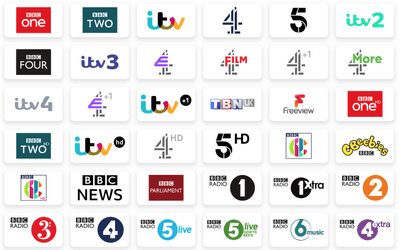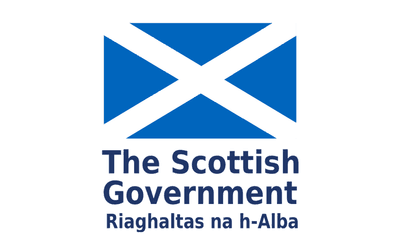What do providers base their increase on?
Telecom providers use either the Consumer Prices Index (CPI) or January Retail Prices Index (RPI) rates of inflation, which get published at the beginning of every year, to base their increase on.
CPI inflation was last month (January 2024) confirmed to have risen to 4%, and the January RPI figure released in February, 4.9%. Coupled with any extra charges, this means customers are facing a price increase of up to 8.8%.
Providers must give their customers a reasonable warning, which is why they normally come into effect from the start of spring.
We’ve rounded up everything we know so far about what each provider plans to do
Remember if you’re not in contract and you’re not happy with the rises, you can always find a new deal.
Starting with the highest hikes…
Virgin Media – 8.8%
All broadband users – barring Essential Broadband and Essential Broadband Plus, who are excluded – will see prices rises in line with January’s RPI figure, plus 3.9%, so an increase of 8.8% starting 1 April.
BT – 7.9%
All broadband users – barring Home Essentials and Basic who are excluded – will have their prices increased in line with the December CPI figure, plus 3.9%, meaning households will see their bills rise by 7.9% from March 31.
EE – 7.9%
Customers' broadband contracts will be increased in line with the December CPI figure, plus 3.9%, so an increase of 7.9% starting 31 March.
Vodafone – 7.9%
All customers to expect monthly repayments in line with the December CPI figure, plus 3.9%, so a rise of 7.9% from 1 April.
Plusnet – 7.9%
From 31 March, Plusnet broadband customers will see their bills rise in line with the December CPI figure, plus 3.9%, so an increase of 7.9%.
TalkTalk – up to 7.7%
Broadband customers will see their bills rise in line with the December CPI figure, plus 3.7%, from 1 April.
- Fixed Price Plus customers out of contract
Will see an increase of 4%
- Fixed Price Plus within their minimum contract
No price rise
- TalkTalk’s ‘most vulnerable customers’
No price rise
Sky – 6.7%
Sky will increase its broadband packages by 6.7% from 1 April. All Sky Broadband Basics customers will be exempt from the price rises.
Shell – 6%
All Broadband Essential users are exempt from price rises. The rest face an increase depending on when they took out the plan.
- If your plan started before 22 January 2024
Customers will see their bills rise in line with December’s CPI figure plus 2%, so an increase of 6% from 1 April.
- If your plan started on or from 22 January 2024
You won’t be subject to any price rises until April 2025.
Are there any providers who won’t be increasing their price mid-contract?
Yes, some of the smaller companies thankfully commit to a fixed price. For 2024 the following providers will not be increasing costs for their customers:
- YouFibre
- Brsk
- Hyperoptic
- Italk
- Connect Fibre
- Fibrus
- Zen
Can I leave mid-contract if prices go up?
Unfortunately with most monthly contracts you'll have accepted terms and conditions which include the clause that the suppliers can increase your monthly bill in accordance with inflation each year. So, if you want to exit, you'll probably have to pay a penalty.
These fees can be steep. For example, if you sign up to an 18 month contract and want to cancel in the second month, you might have to pay 16 months’ worth of fees.
The rules change slightly if you’re still in the minimum term of your broadband contract. If a provider increases its prices, and you didn’t know about this increase before (check it hasn’t been written into the terms and conditions of your contract), you can then cancel and switch to any other provider without an exit fee as long as you do so within 30 days of being notified about the rise.
What we are doing to help consumers
It’s important to us at Fibre Compare that we make customers aware of these price rises and take them into consideration when choosing their deal.
Geoff Pestell, CEO of Fibre Compare, says:
“Customers require costs to be easy to understand, especially during a period when household resources are severely stretched. However, the overwhelmingly complex nature of the inflation-linked price rise clauses included in their contract confuses the majority of consumers and makes it more difficult for them to compare prices.
Ofcom announced in December that it was proposing a ban on inflation-linked mid-contract price rises to protect customers from the practice. We'll be interested to see how things turn out.
Fibre Compare started adding prominent information to our results tables from December, highlighting which broadband packages come with contracts where a mid-contract price rise is included.
It’s also worth remembering that millions of broadband customers are out of contract with their existing service provider. At Fibre Compare we recommend that you check when your broadband contract ends to see if you can switch and save.”




